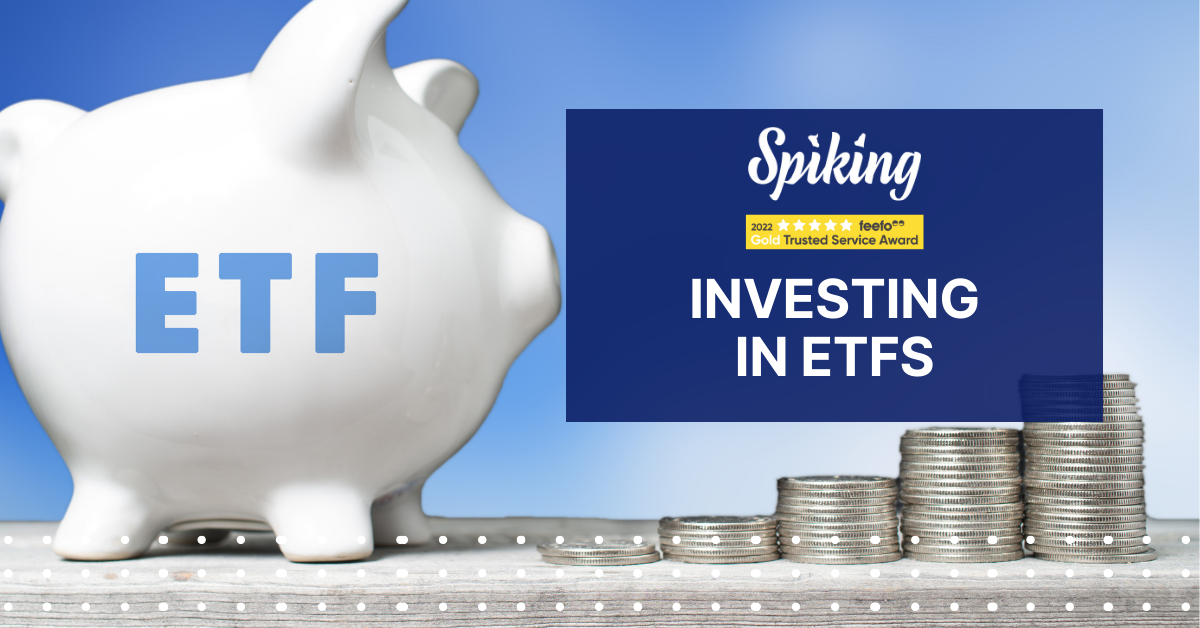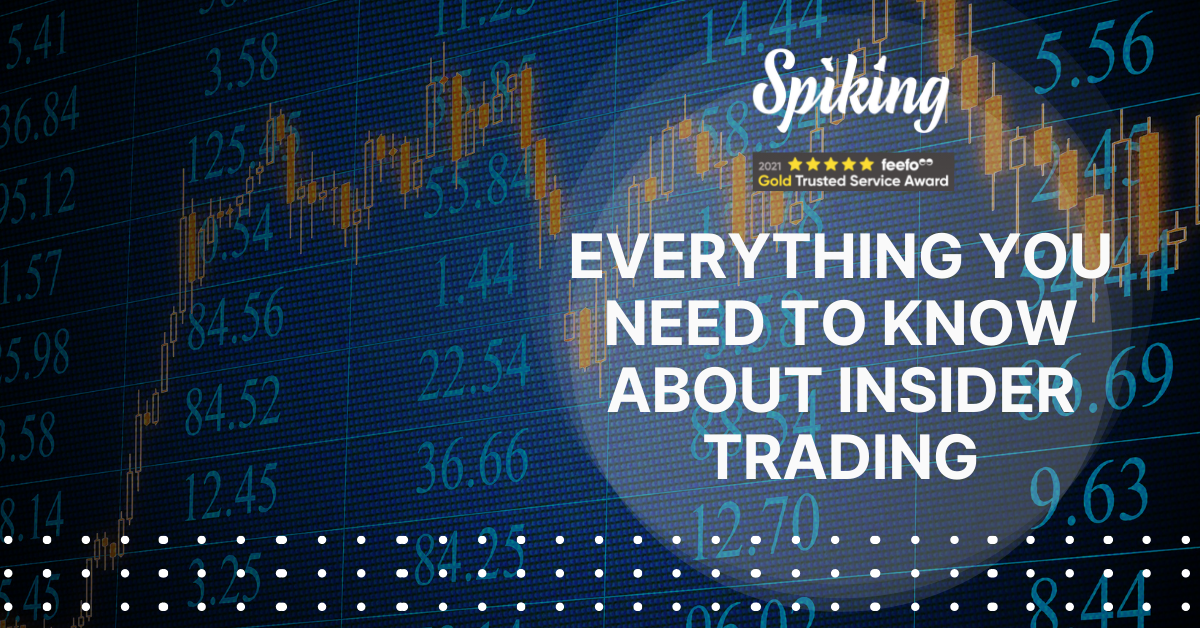
Factors to Consider When Investing in ETFs
Buying shares of an exchange-traded fund (ETF) is very much like buying shares of stock. You bid a fixed price, or you withdraw the offer price. simple as that. Here are a few interesting points to consider before investing in ETFs.
What are ETFs?
An ETF is a basket of securities, which, like stocks, are traded on an exchange. They are similar to an index fund in their functioning; However, since they are also listed on the stock trades, you can trade them whenever during the trading hours.
Effectively managed ones are known as smart-beta funds which follow alongside for selecting stocks in a portfolio from an index which thus may display specific metrics or behavior. However, before you get started and call your broker or buy shares through an investment app, do your due diligence about adding ETFs to your portfolio.
Factors to Consider Before Investing in ETFs
Investment Strategy
Determining the right investment strategy will set you on the right way to picking the best ETF for your portfolio. There are so many different ETFs to consider, from general market and index funds to funds in a specific sector or even commodity funds, and ones that will fit your investment strategy.
Tracking Error
Another essential selection criterion considered by survey respondents is tracking error. ETFs are intended to follow the performance of an index and tracking error measures how well they do that work. The lower the tracking error of the fund, the more reliably it will track its benchmark.
When evaluating the tracking quality of an ETF, tracking error isn't the main metric investors should look at. One limitation of tracking error is that it does not capture the true magnitude of an ETF's underperformance or outperformance. To measure this, investors should also look at the tracking gap.
Underlying Index
The underlying index was referred to as the second most important ETF selection criteria. This makes perfect sense, as the reason for investing is to acquire a particular type of exposure and for an ETF this will be determined by the index it tracks.
Looking under the bonnet of an ETF to analyze the underlying index structure and its potential sector and/or stock biases is vital to understanding the basic drivers of the asset's performance. Other index features such as the weighting techniques, rebalancing frequency, and dividend treatment can also affect the performance of an ETF.
Assets Under Management (AUM)
The AUM is determined by multiplying the outstanding shares by the market price per share. The value of an ETF asset fluctuates according to changes in the underlying security and with the creation or redemption of shares. Typically, an ETF will show a discount or premium relying upon the contrast between its market capitalisation and the NAV (Net Asset Value) of the hidden security. A larger AUM will also generally have higher liquidity.
Total Expense Ratio
Consider it the yearly management fee paid to the fund company to cover its expenses. It is taken as a percentage of the total investment. Therefore, if the expense ratio is 0.25%, then the expense ratio will be $0.33 for every $133.71 invested in the fund. A high expense ratio adds to the expense of the portfolio and subsequently, it's vital to consider one's estimations.
Liquidity
One of the most important factors of ETFs. While thinking about ETFs, other than TER and Tracking Error, liquidity is also very important when considering ETFs. As ETFs are exchanged intraday on trade, those ETFs with more prominent liquidity can be expected to have lower bid-ask spreads, while ETFs with less liquidity will have more extensive spreads. Thus, one should prefer ETFs with more liquidity.
Tax Implications
How could the buy or sell ETFs Affect Your Tax Return? While U.S.-based ETFs have many tax benefits, a foreign ETF may not be so tax-friendly and, therefore, not cost-effective. Tax implications differ from one region to another. Regardless, you might in any case need to pay taxes on the gains on your interests in ETFs, similarly as you would with other investments.
The magnificence of ETFs is that they are not difficult to buy and easy to trade. ETFs are, for the most part, liquid and trade openly during market hours.
However, that doesn't mean you should simply bounce in the ETF waters without considering the factors that may or may not make these investments the ideal decision for your portfolio.
Bottom Line
ETFs are great plays for earnings season. There are leveraged ETFs for investors who have a high-risk tolerance, and traders can play unpredictability with ETF option straddles. The techniques are boundless.
If you like to profit from day trading, hedge your risk, or even invest in unfamiliar areas, you may consider buying an ETF. Exchange-traded funds are becoming more popular by the day and the selection has never been higher understandably. Consider your options and then get the best ETF for your portfolio.
Want to keep increasing your financial knowledge? Check out the upcoming Free Live Webinar to learn more on how you can start building the generational wealth.
Join the Spiking Wealth Community
Want to learn more about the various trading strategies and see which one suits you the best? Lead by Dr. Clemen Chiang, the Spiking Wealth Community is an online community network. Together we are catching the Spikes so that you have faith, hope, and love in everything you do. Spiking Wealth Community helps you to accomplish time squeeze by connecting the dots through online courses, live trading, winning trades, and more. Join us for Free and start your Spiking Wealth Journey today!
*Disclaimer: The article should not be taken as, and is not intended to provide investment advice. Claims made in this article do not constitute investment advice and should not be taken as such. Spiking strongly recommends that you perform your own independent research before making financial decisions.



